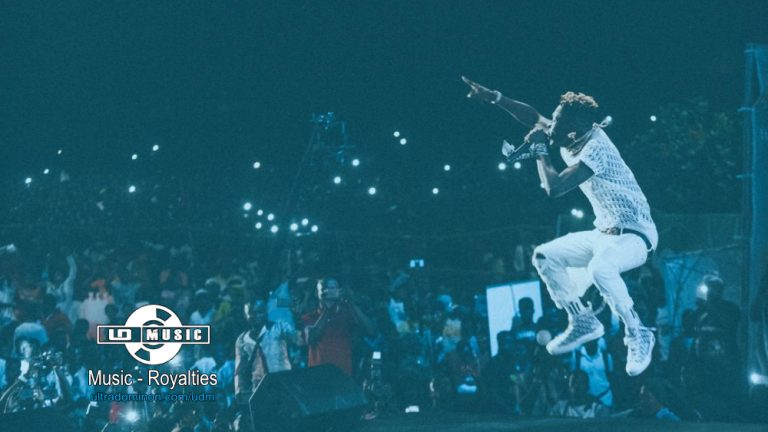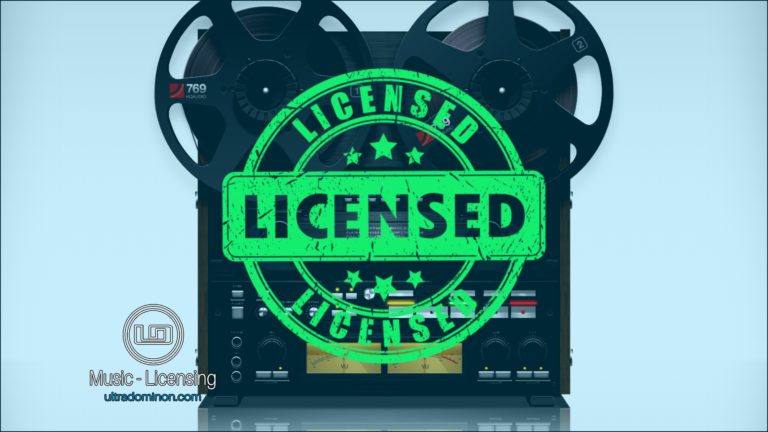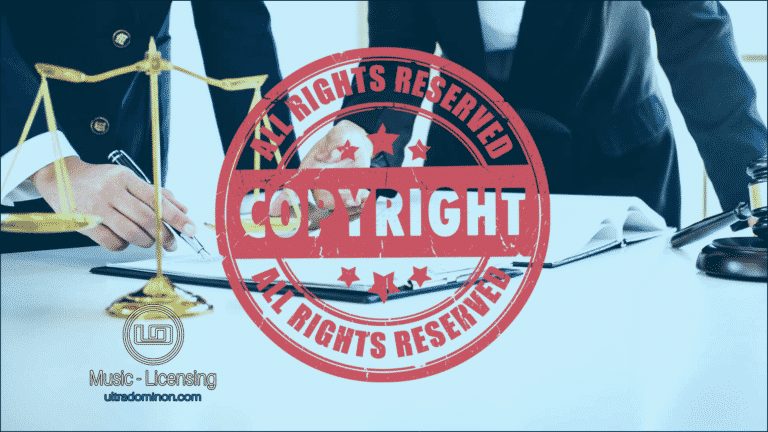Introduction
A “royalty” is a payment made to an asset owner for the right to use that asset. In the context of the music industry, music royalties are compensatory payments received by rights holders (songwriters, composers, recording artists, and their respective representatives) in exchange for the licensed use of their music. These royalties are paid out by institutions that use the music (from TV channels, radio stations and venues to streaming platforms and beyond), and collected on behalf of rights holders by intermediary bodies — most of the time. The music industry relies on royalties generated by the licensing of copyrighted songs and recordings as a primary form of payment for musicians. As such, the royalties that exist in the music business are directly derived from the type of licence owned or issued by the copyright owners. In this article, we shall cover the different types royalties that exist in the music industry.
Recall that every song has two copyrights: Composition and Sound Recording. The royalties stemming from the Composition Copyright are called “Publishing Rights (sometimes “Songwriter Rights”). Royalties generated by the Sound Recording Copyright are referred to as “Recording Rights” (sometimes “Master Rights”). Both copyrights generate royalties based on different uses of the composition or recording. These include:
1. Mechanical Royalties
Mechanical Royalties are generated through physical or digital reproduction and distribution of your copyrighted music. This applies to all music formats, old and new such as vinyl, CD, cassette, digital downloads, and streaming services. For example, record labels pay a mechanical royalty to a songwriter every time they reproduce and sell a CD of their music. Mechanical Royalties are usually paid out by your record label if you are signed, or through your music distribution service if you are independent..
2. Synchronization (Sync) Royalties
Synchronization (or Sync) Royalties are generated when copyrighted music is paired or ‘synced’ with visual media. Synchronization licenses give the license holder the right to use copyrighted music in films, television, commercials, video games, online streaming, advertisements, and any other type of visual media. Sync licenses are one-time payments and are generally sold by Music Publishers.
3. Performance Royalties
Performance Royalties are generated through copyrighted songs being performed, recorded, played or streamed in public. That’s right, even playing a recording of a song is considered a performance. This includes terrestrial radio, TV, clubs, restaurants, bars, live concerts, shopping malls, music streaming services, internet radio, and anywhere else the music plays in public. Performance Royalties are made up of two parts, Songwriter Royalties, and Publishing Royalties and are collected by Performing Rights Organizations.
4. Print Music Royalties
Print Royalties are not as common for recording artists but are a common form of payment for classical and film composers. This type of royalty applies to copyrighted music transcribed to a print piece such as sheet music and then distributed through a print music publisher. These fees are often paid out to the copyright holder based on the number of copies made of the printed piece.
It is important to note that the royalties generated from the licensing of copyrighted music vary from country to country as well as platforms. That is why the not a fix and standard process. Coupled with this is the fact that the collection of royalties is even one of the most confused topic in the industry. In our next article, we shall try to explain these processes as well as talk on some major keywords in the industry (CMO, PRO and Music Publishing.









